The Ageless Wonder
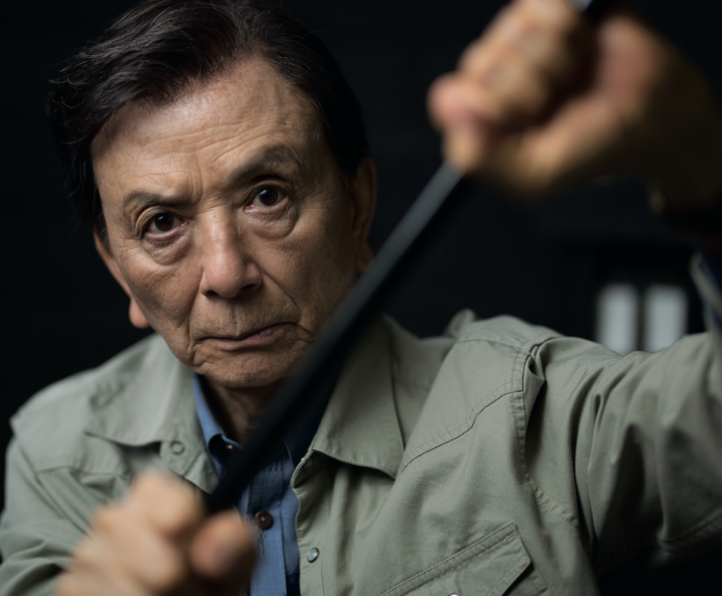
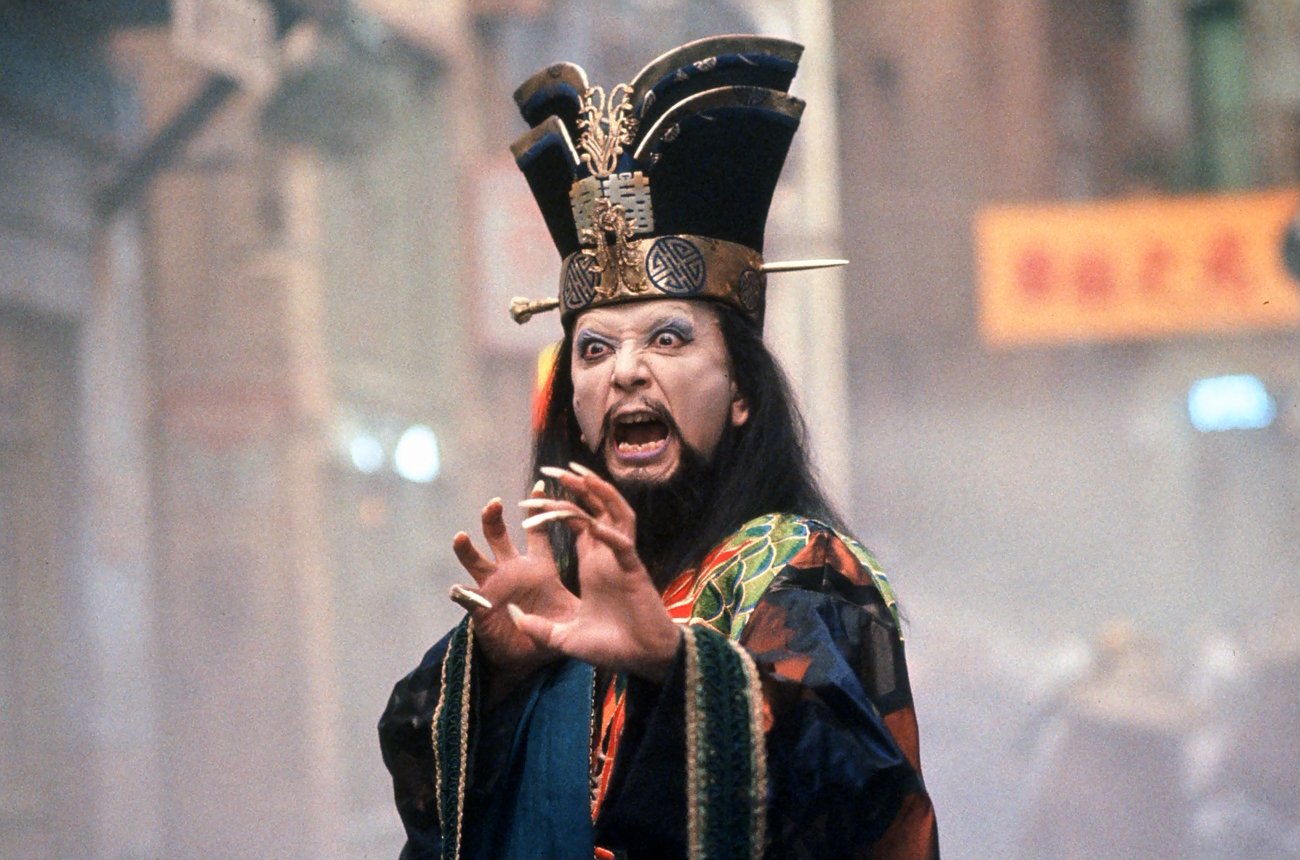
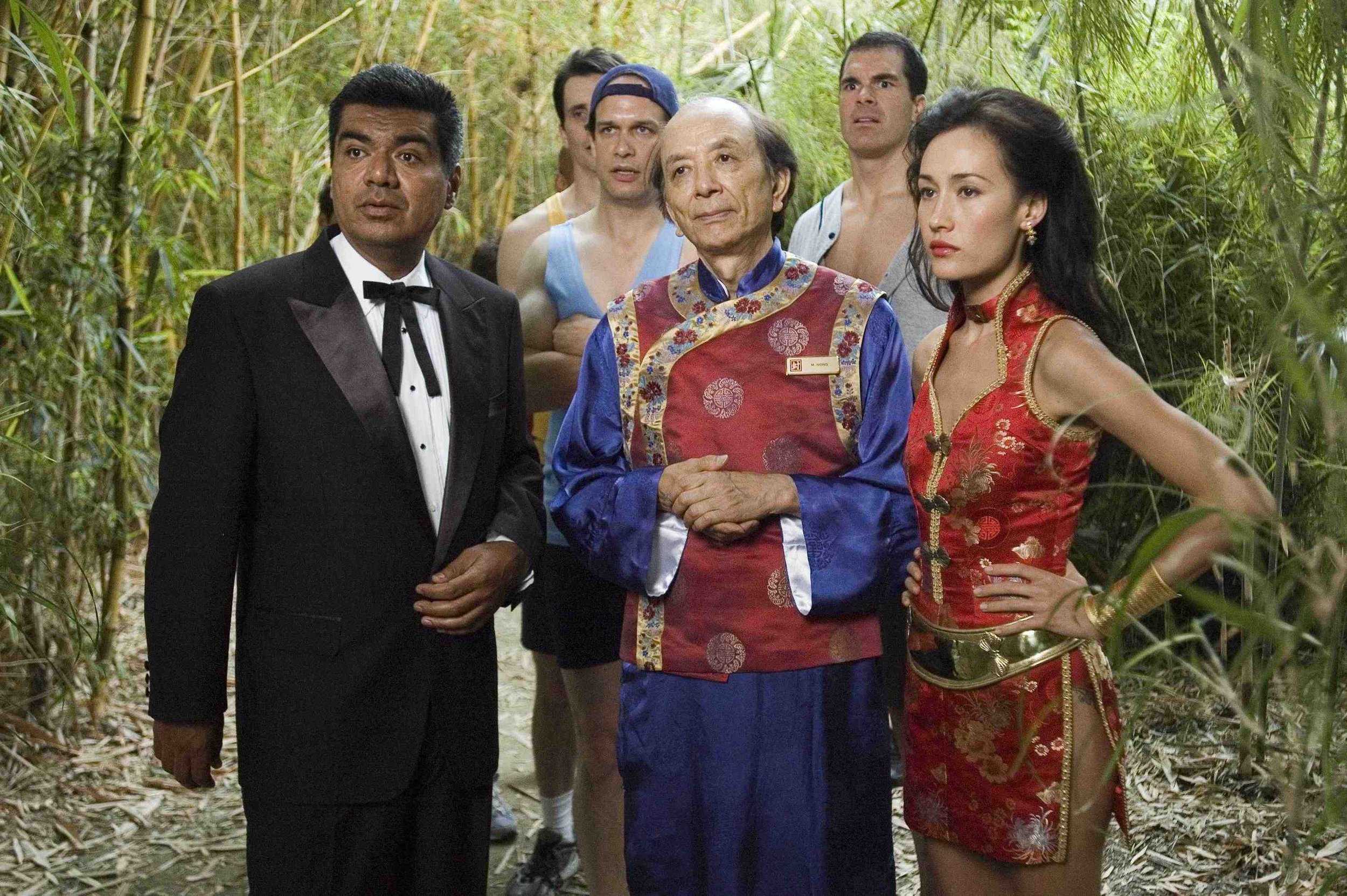
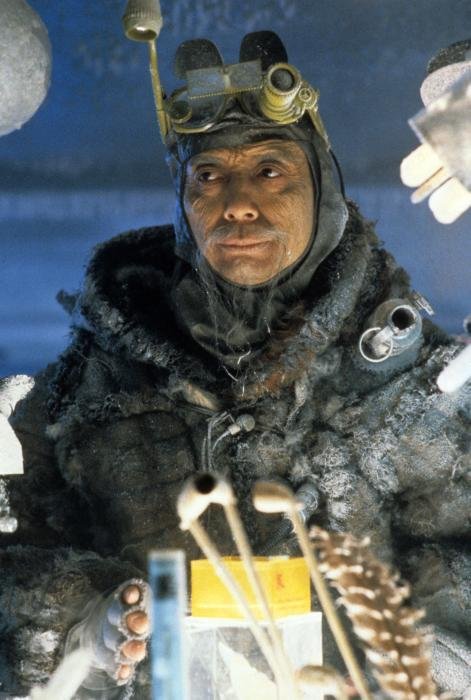
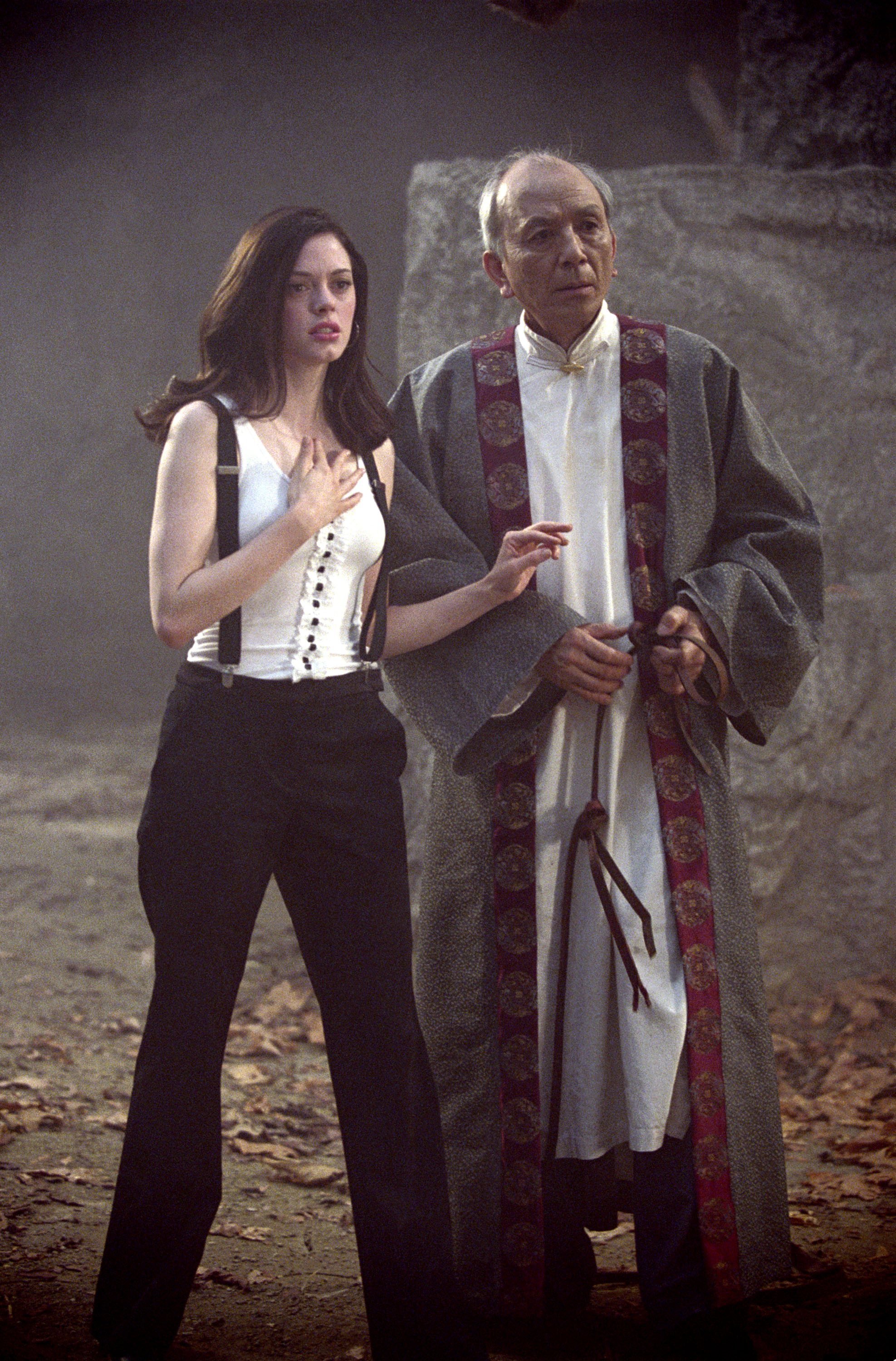
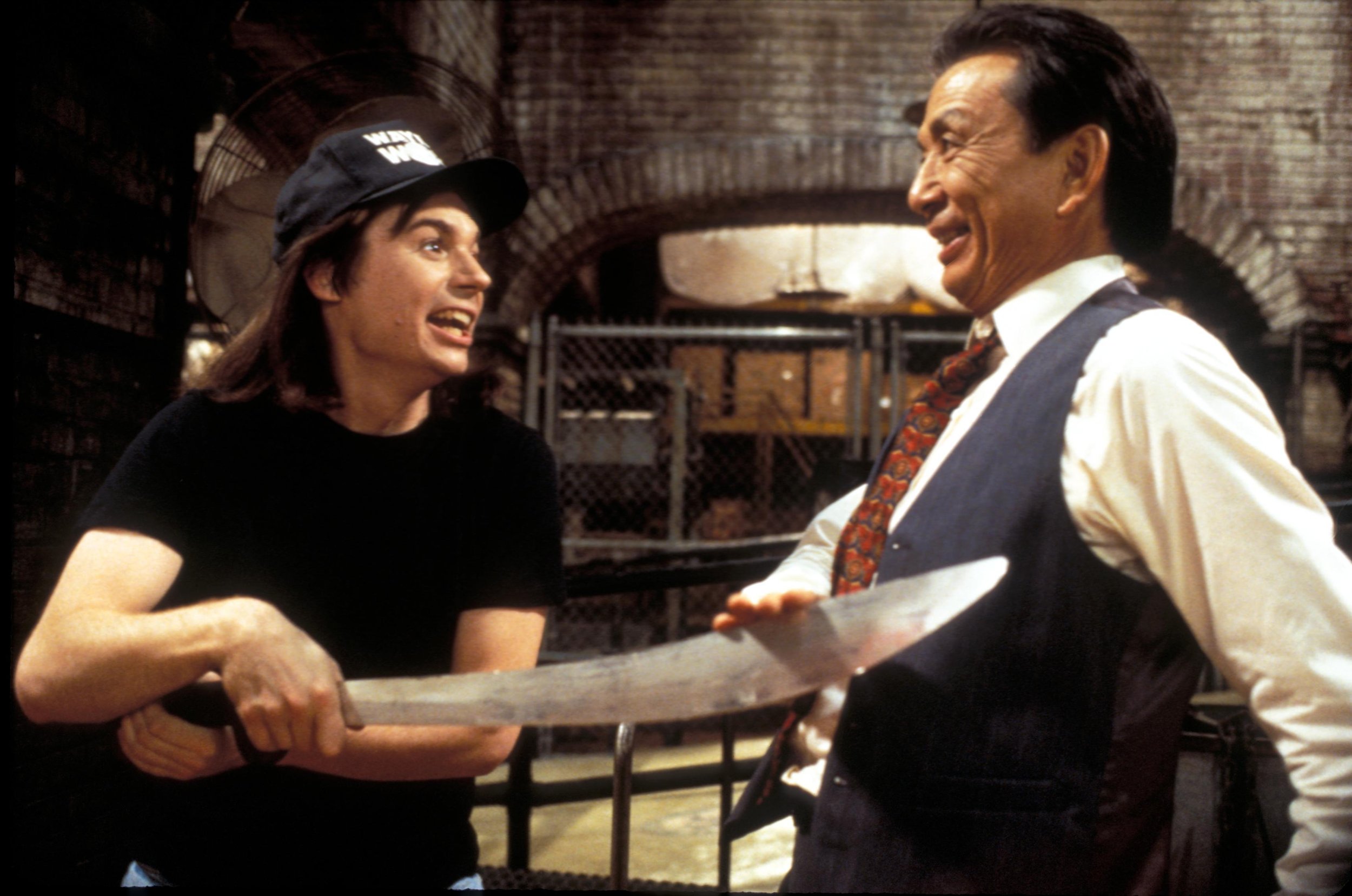
James Hong has carved out such a lengthy acting career that even he’s surprised to still be hanging around and enjoying the fruits of his Hollywood labors.
“To be honest, I didn’t think I would still be alive!” chuckles the nonagenarian actor, who’s been performing on big and small screens since the 1950s.
But alive and well he is, and with the recent accolades that are suddenly flowing his way — namely, his induction into the Asian Hall of Fame and receiving his own star on the iconic Hollywood Walk of Fame — Hong is finally getting the recognition he long deserved.
“It’s a great honor,” says Hong, who joined other notable Asian Americans such as Bruce Lee, Connie Chung and Kristi Yamaguchi in the venerable hall last November, and who received news in June that he’d finally be getting his prestigious star on the famous walkway. “I don’t know what I’ve done to deserve this. But in a way, I guess it lets the world know that we are here.”
By “we,” Hong is referring to his fellow Asian American actors — past and present — many of whose careers have been marginalized by stereotypes and relegated to smaller roles. While Hong has been remarkably prolific as an entertainer, logging more than 670 acting credits that include movies such as Chinatown, Blade Runner, Big Trouble in Little China, Wayne’s World 2 and Balls of Fury, he still wonders what it would have been like to be cast as the leading man.
“Why did I not get the leading roles? Because when I started, there was no such thing,” he explains. “The Asian Americans were not accepted in leading roles because the producers told certain people to forget the Asian Chinese Americans for leading roles because they don’t box office.
“But you gotta get roles to get box office, and in order to get box office, you need roles, right? Nobody did anything during my early days. Umpteen years passed and I never got to be leading man. Most of the time, I’m the villain. It was never the good guy and the leading man.”
Of course, attitudes have changed in the years since and more leading-role opportunities have been extended to Asian Americans today. For that, Hong is grateful to have played a part in altering the Hollywood landscape and inspiring his fellow actors to not give up.
“I’ve always tried my best to put the Asian American on the map, and look what’s happened?” says Hong, who also assisted in the formation of the nation’s pre-eminent Asian American troupe, East West Players. “Now you have movies like Crazy Rich Asians, and there are going to be a lot, lot more Asian American movies.”
And that’s good news for Hong, who at 92 shows no signs of slowing down.
“I have an aching to work as an actor, and I don’t know why that is,” confesses Hong, whose work as a voice actor is equally impressive as his credits on the big and small screens, and includes being the voices of Chi-Fu in Mulan, Mr. Ping in Kung Fu Panda, Daolon Wong in Jackie Chan Adventures and Grandpa Wing in the forthcoming HBO Max animated series Gremlins: Secrets of the Mogwai.
“I imagine actors like Jack Nicholson felt the same way. You just feel like you want to do good work performing. How can I keep that part of me silent? There’s no way,” he continues. “So, I just follow those feelings and keep doing what I do.”
Hong is one of seven children born to Minneapolis, Minnesota, restaurant owner Frank Hong and his wife, Lee Shui Fa, in 1929. His father’s business was located on the ground level, while his large family occupied a tiny apartment on the second floor. The classic middle child, Hong was raised in a traditional Chinese setting and that meant his parents’ attention was focused on his oldest brother.
“In China, the oldest son gets everything, so I was just like nothing,” he recalls. “I’d get the bones thrown to me afterward.”
His introduction to the entertainment world came via a Chinese opera group from San Francisco — a troupe his father would have perform at the restaurant whenever it was in town. But mostly, Hong would fix his attention on the radio and whoever was on the big screen. Eventually, he discovered he was quite adept at impersonating others.
“I would stand in front of my mirror and imitate Bugs Bunny,” he says before breaking into his best impression of voice actor Mel Blanc and spitting out, “Eh, what’s up, Doc?”
“I did probably 10 impersonations as a kid,” Hong continues. “It was just for the fun and for the sake of performing. That was the only way to perform in Minneapolis because there was no outlet, especially for Asian Americans.”
Through it all, he was careful not to tip his parents off about his newfound love.
“When they put me in the University of Minnesota (and later University of Southern California), I’m sure they did not want me to become an actor,” explains Hong, who studied civil engineering in college. “In China, that’s the lowest rung on the ladder of professions. To be an actor is a no-no. But I stepped into it and I haven’t lost, so that’s the best blessing I have.”
Soon after moving to Los Angeles in the 1950s, Hong had a decision to make: stay in his lane as a nine-to-five road engineer for the county, or veer off at the Hollywood exit and take his shot at stardom.
Thankfully, he veered and never looked back.
In recalling those days soon after he was picked up by Bessie Loo Talent Agency, “They were the only agents (for Asian Americans) in Hollywood and Bessie was getting me acting jobs while I worked as an engineer. I had used up all my vacation days to take off, so finally I decided to go to my supervisor and tell him I was quitting. He was shocked. He said, ‘Why would you do that?’ When I told him I wanted to really give show business a chance, he thought I was crazy. Still, he said, ‘If you ever want to come back, I’ll give you a chance and reinstate you.’
“I thanked him and left, and never returned.”
Hong’s first break came after he was invited on the Groucho Marx You Bet Your Life radio and television game show in 1954, when he performed impersonations of actors James Cagney, Peter Lorre and others. The audience loved it, and so did owner Charley Low of the Forbidden City nightclub, who got Hong to do comedy at his San Francisco-based venue.
Soon after, Hong began appearing in several uncredited movie roles, namely, Dragonfly Squadron in 1954, in which he played a South Korean pilot trainee; and Soldier of Fortune with Clark Gable in 1955, in which he played a policeman.
His agent eventually began fielding more calls for him, and credited offers
in TV series such as TV Reader’s Digest, Crossroads and Sky King rolled in. Hong’s star was on the rise.
“My agent, Bessie, would call after I went to an interview, and she would say in her nasally voice, ‘Well, James, you got the job,’” recalls Hong. “In fact, she told me I was the only actor she ever had that booked two jobs on the same day!”
Over the years, Hong has landed a number of parts in well-known TV shows, including All in the Family, The Bob Newhart Show, Seinfeld and Hawaii Five-O. Regarding the latter series, the actor believes he was fortunate to have been brought back many times to play various roles, beginning with an episode in 1968 with Loretta Swit.
“I think it was Loretta’s first Hollywood job and I remember the two of us were sitting on a ledge at a hotel and facing the ocean. Back then, you could see the beach in Waikiki. Now, you can’t,” says Hong. “I went on and did at least four or five episodes for Five-O. I always had a part with the show because the producer would tell me, ‘Whenever we can’t find a Hawaiian citizen to play a role, we call on you,’” the actor adds with a chuckle.
“In those early days in Hawai‘i, there wasn’t really an acting community, so there were very few trained actors. Now, they have a lot,” Hong continues. “But I’ve always enjoyed being in Hawai‘i. On my first trip to the islands, I did (TV crime drama) Hawaiian Eye. Then in 1970, I did the movie The Hawaiians with Charlton Heston. Later on (in 1987), I did Black Widow with Debra Winger on the Big Island.
“So Hawai‘i has always been very close to my heart.”
Still, the role Hong is most-often associated with is the dastardly powerful wizard David Lo Pan, who he played in the 1986 movie Big Trouble in Little China. While he appeared to be a shoo-in for the part, Hong recalls that the role was far from a given after auditioning with famed director John Carpenter.
“I tried out the whole script and then I said to John, ‘Do you want to see me do my martial arts?’ I was prepared to do a whole kata for him and knock the whole place to pieces,” Hong chuckles. “He said, ‘No, no, no, James. You don’t need to do that.’ Of course, I didn’t know whether to be happy or not be happy because sometimes when they say, ‘You don’t need to do that,’ it means you didn’t get the role. Other times when they say, ‘You don’t need to do anymore,’ it actually means you got the role.” But landed the part he did. It’s a character that continues to be in high demand whenever Hong attends autograph conventions.
“I’ve done hundreds of movies and TV shows, and yet all they want is Lo Pan,” he states. “But I think the reason the character had so many fans is because I put the depth of the human being into Lo Pan. He was not just an evil guy. He wanted love. He wanted to marry the girl with the green eyes!”
If anything, Hong is disappointed his performance did not merit an Academy Award. However, he does take consolation in the fact that Carpenter thought his acting was worthy of honors.
“Even though I didn’t get it, John Carpenter believed I should have,” he says. “That was enough for me.”
